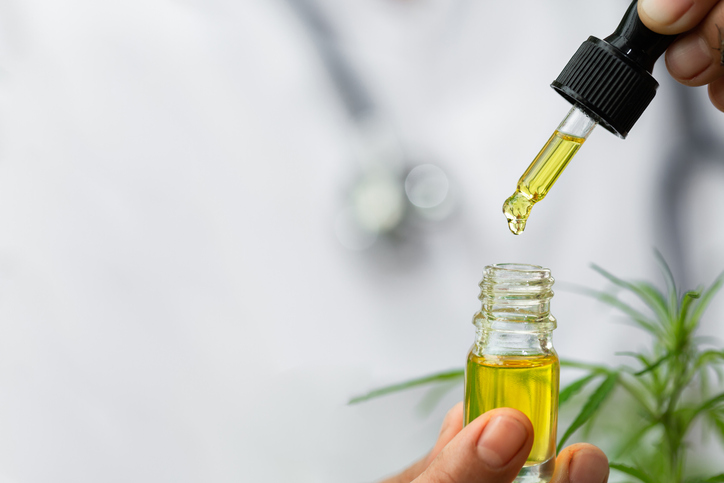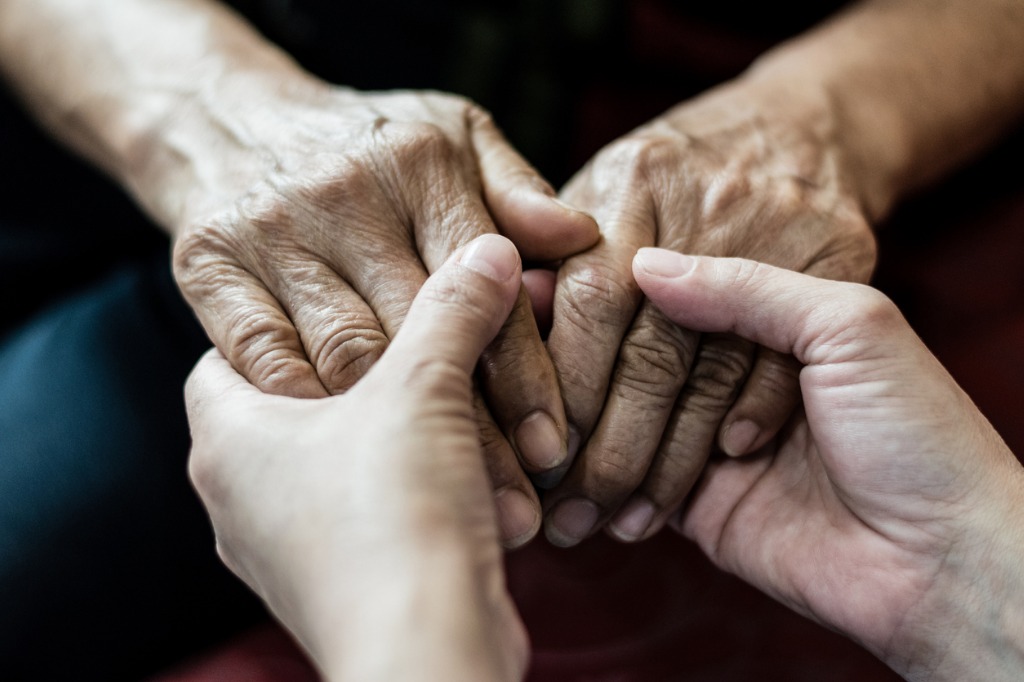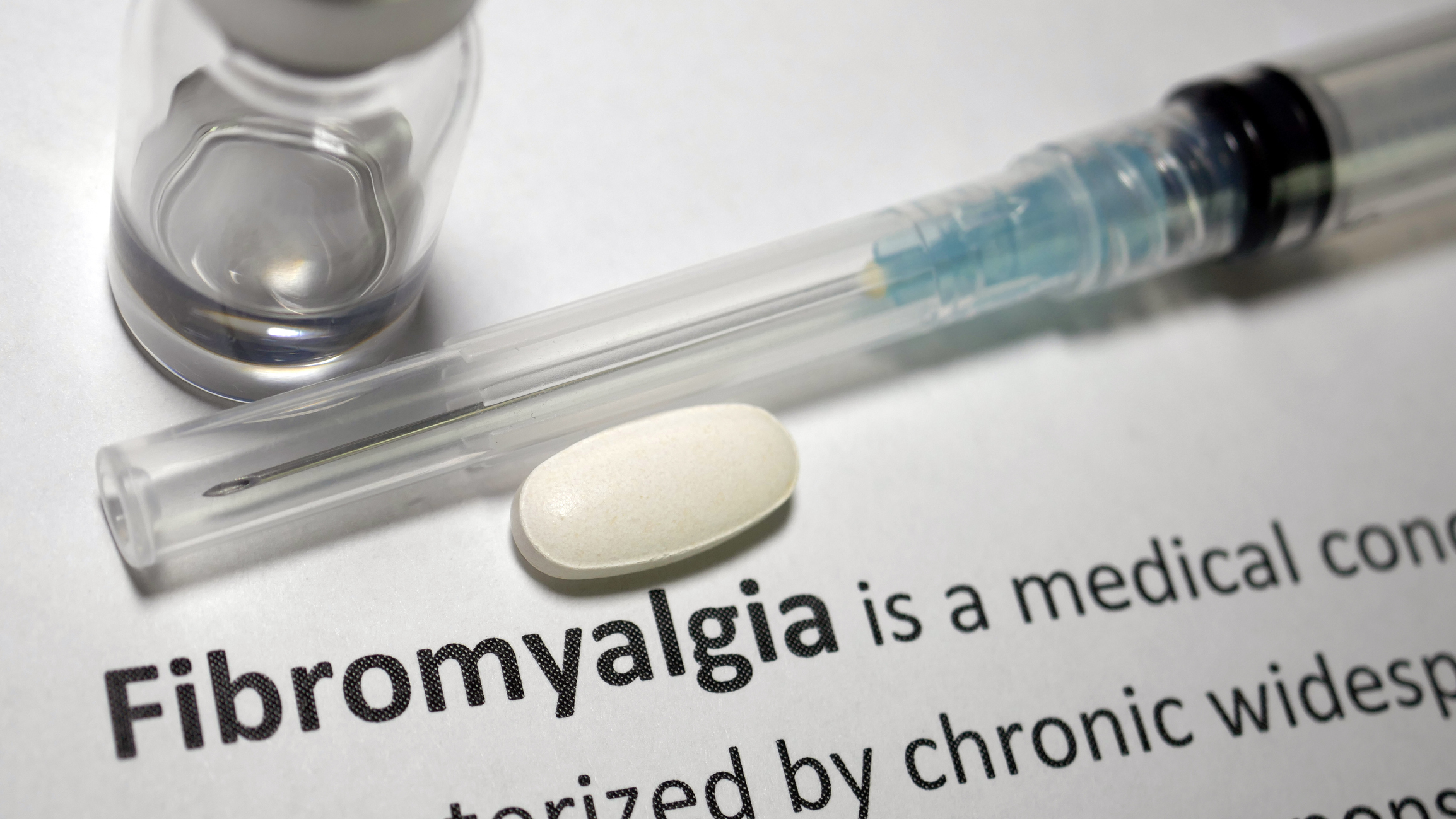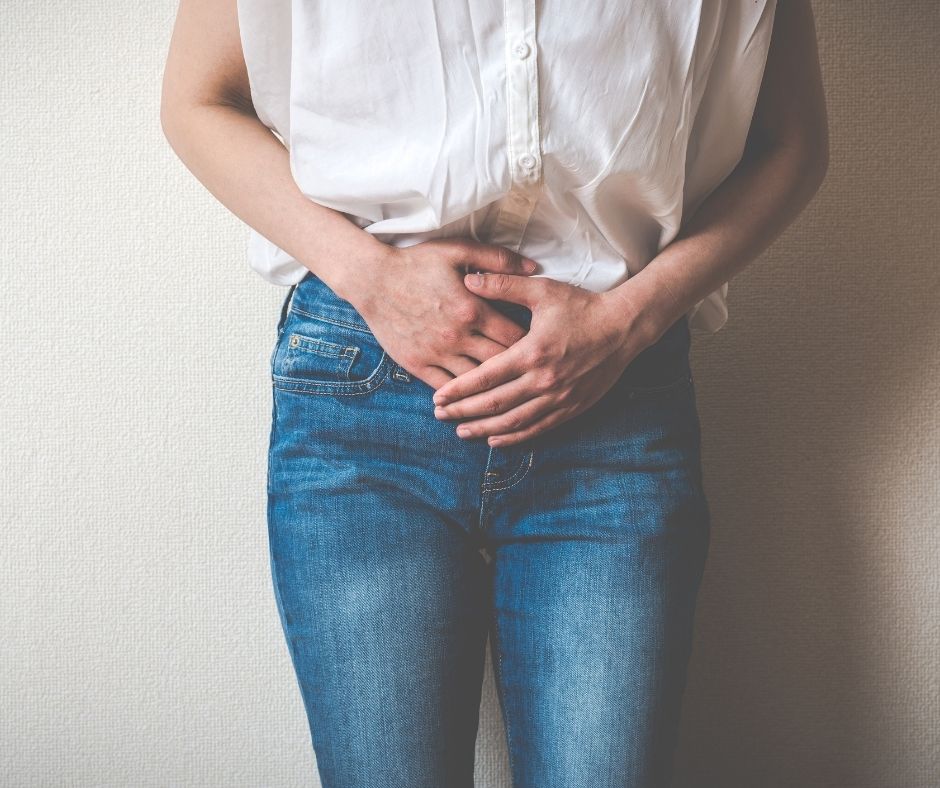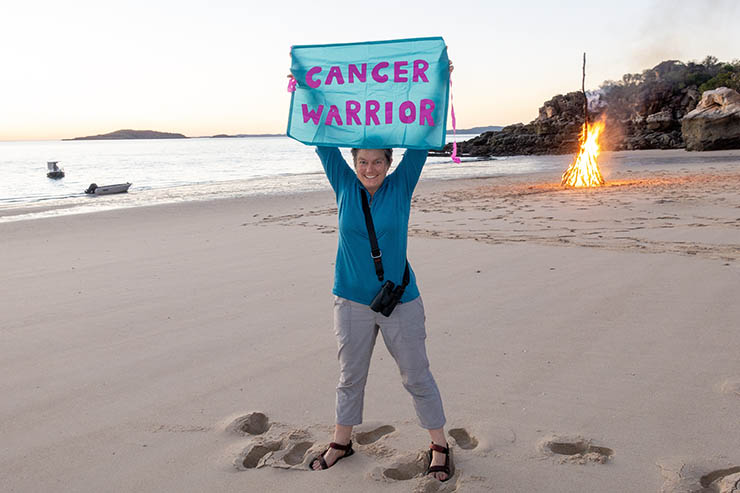As in previous stories we’ve shared, the battle for medical cannabis legality isn’t unique to the United States. In Ireland, a fifteen-year-old young man named Billy Caldwell continues to suffer from refractory epilepsy. For more than 3 years, his mother, Charlotte Caldwell has been waging a war against the Department of Health Northern Ireland.
Back in 2017, when he was then 12, Billy was the first person in the UK to be prescribed cannabis oil, but last month, his General Practitioner was told he could no longer do so. Desperate to get her son the medication at any cost, they traveled to Toronto to purchase the product, and upon their return to the UK, the medication was seized and Ms. Caldwell took her story to the airwaves with the press. While on a treatment plan consisting of cannabis oil, her son had gone a remarkable 300 days without a single seizure. After the medication was removed from her on Monday, Billy suffered a seizure the following day.
While his mother attempted to go through proper channels, she was given repeated responses that while officials could sympathize, cannabis is a Schedule 1 drug and must be seized, and urged the family to explore options with the Department of Health Northern Ireland. The Caldwell’s have continued to fight the healthcare system with the support of elected representatives to plead her case, and finally her efforts appear to be paying off after multiple years. He has been referred to the Refractory Epilepsy Specialist Clinical Advisory Service, which provides a forum for the discussion of difficult cases that have proven hard to treat. Ms. Caldwell has taken legal action in a bid to secure long-term access to the medication. Recently rules were relaxed to allow some cannabis-derived medicines to be prescribed to patients in the UK by specialist doctors in limited circumstances.
Ms. Caldwell said: “This gives new hope to children like Billy. It is beyond valuable to me to know that as long as Billy gets his cannabis oil every day he will be safe. He won’t have a seizure. It feels like a safety blanket.”
Watch this news clip on cannabis and epilepsy

